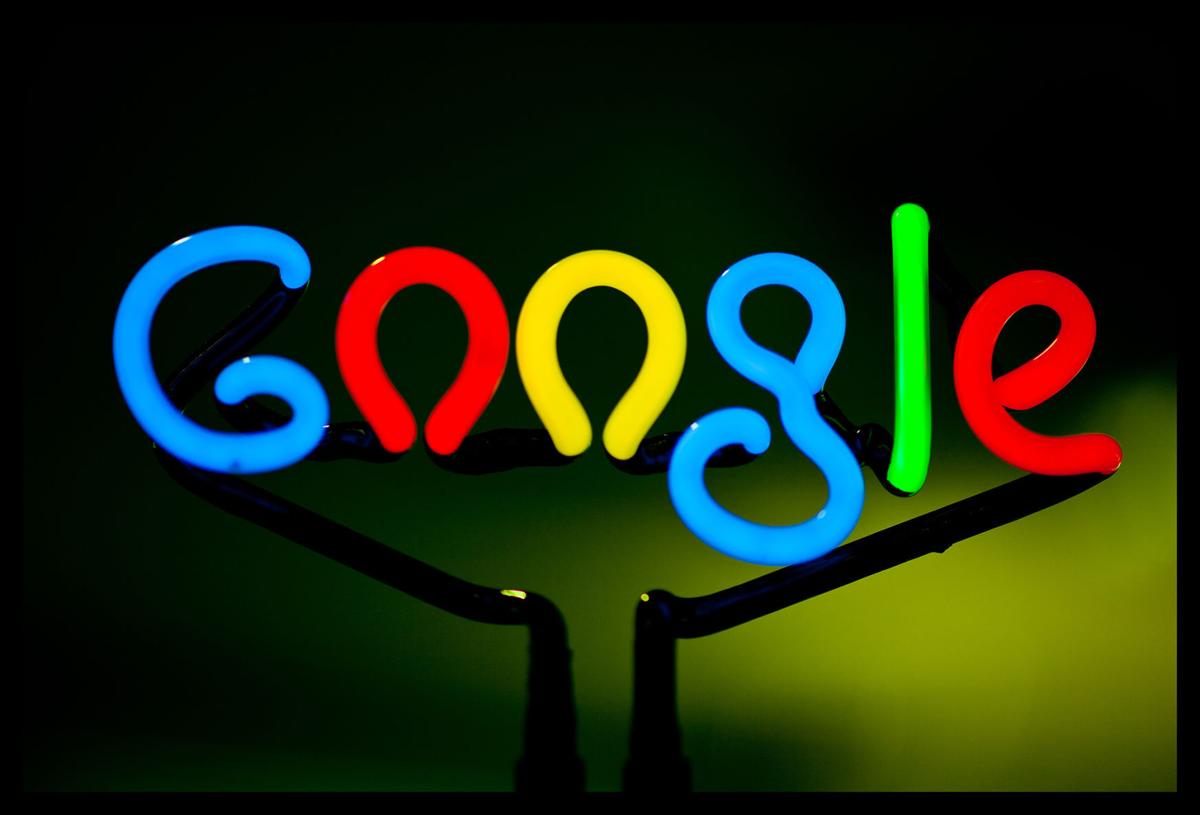“Google” will not go the way of “aspirin,” “cellophane,” “escalator” or “thermos,” former trademarks that were used so generically that the companies that owned them were forced to relinquish them.
On Tuesday, May 16, the 9th U.S. Circuit Court of Appeals confirmed that instead, Google will join Coke, Q-tips, Xerox and other companies that managed to hang on to ownership of trade names even though they are widely used as nouns and verbs to describe any and all items in their class.
The argument hinged in part on turning a trademark into a verb. To “google,” the plaintiffs in the 9th Circuit case argued, had come to mean to “search the internet,” regardless of which search engine was used. That resulted in “genericide,” the argument went, legal jargon meaning that the term had entered into such widespread use that it could no longer remain a trademark.
Maybe so, the court responded, but it ruled that the principle definition of “Google” is still a search engine and a company name, regardless of how frequently it is used as a verb.
The dispute started in 2012, when two people identified in the record as Chris Gillespie and David Elliot bought more than 700 internet domain names incorporating the word “google” from GoDaddy, a Scottsdale-based domain-name registrar.
Among examples cited in court records are the names “googlebarackobama.com,” “googledisney.com” and “googletvnews.com.” Not surprisingly, the company Google Inc. was not happy and challenged the use of its name in the domains as an infringement called “cybersquatting.”
Gillespie and Elliot sued in U.S. District Court in Phoenix. They registered the domain names, they said in their pleading, because they were “developing an Internet-based business that will promote commerce, community, relationships, personal health, charity and more. … The initial phase of the business will be targeted toward the GLBT (sic) community worldwide, but the model for the future of the business is unlimited.”
The name Google was derived from “googol,” which in math is the numeral 1 followed by 100 zeros, the pleading said.
The lawsuit’s argument: “Worldwide, the term ‘GOOGLE’ has been, and is now used as a common transitive verb meaning ‘to search the Internet,’ ” they wrote in their briefs, “or ‘to search the Internet using any search engine.’ ” The court did not buy the argument. Case law is full of trademark lawsuits, from Bayer aspirin to Coca-Cola. And in September 2014, U.S. District Court Judge Stephen McNamee ruled against Gillespie and Elliot.
They took it to the 9th Circuit.
As summarized in the ruling, they “requested summary judgment because (1) it is an indisputable fact that a majority of the relevant public uses the word ‘google’ as a verb — i.e., by saying ‘I googled it,’ and (2) verb use constitutes generic use as a matter of law.”
The three-judge 9th Circuit panel, however, agreed with the lower court that Gillespie and Elliot had not presented sufficient evidence that would convince a jury the public sees “google” as a generic term and not as a specific search engine.





